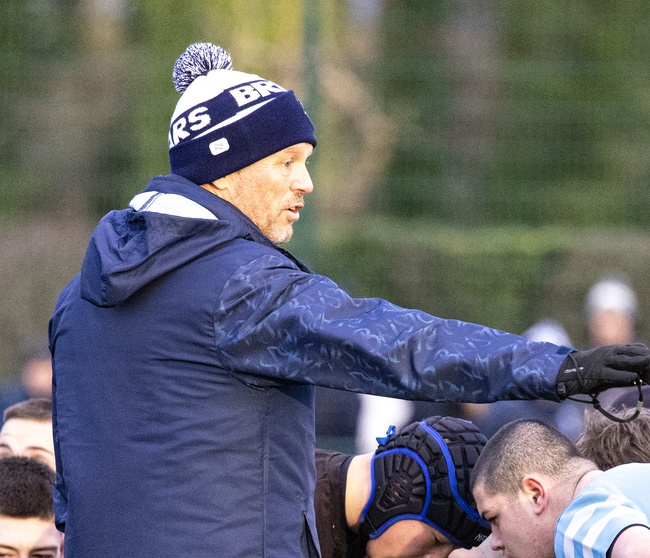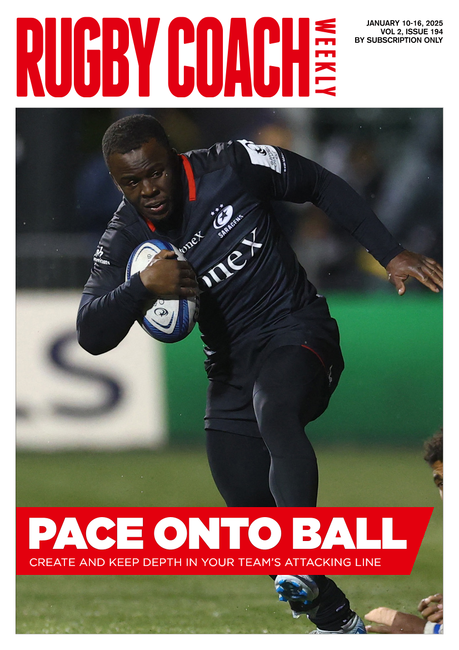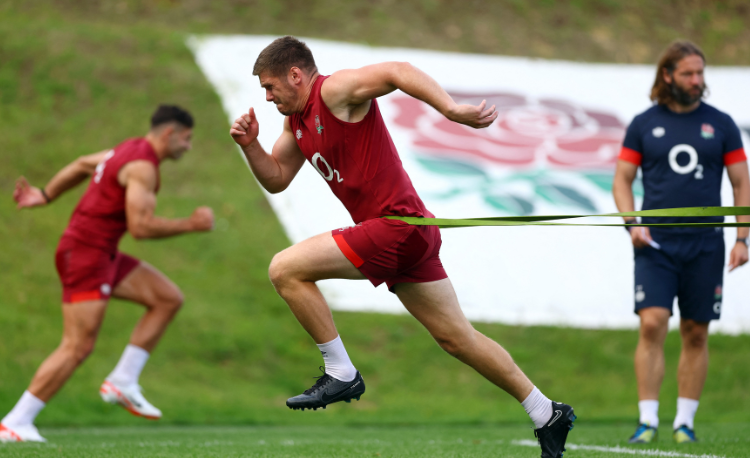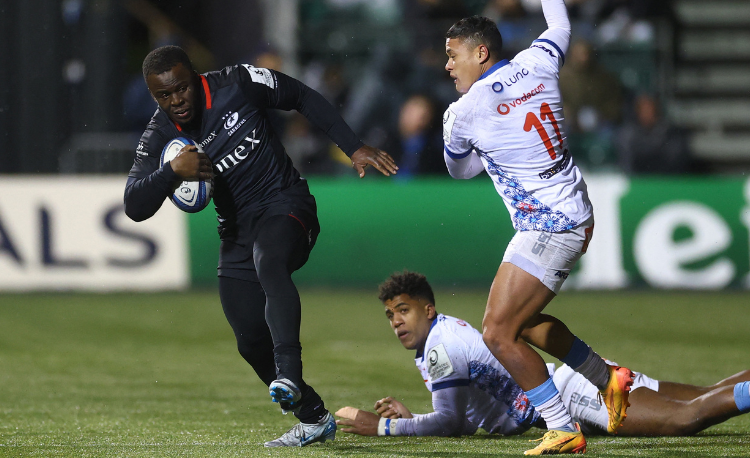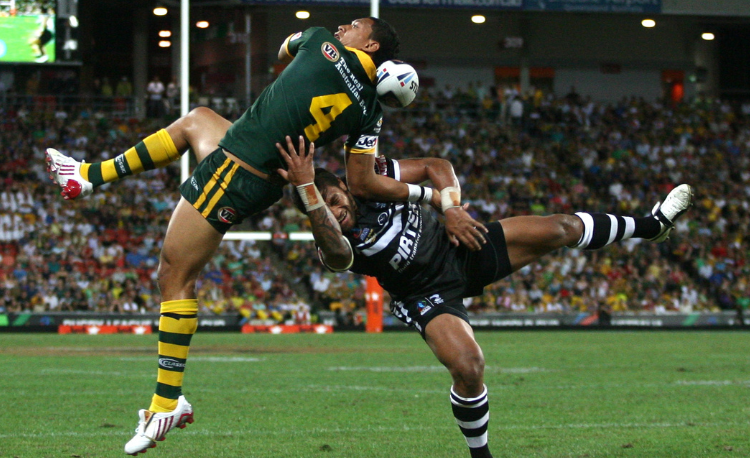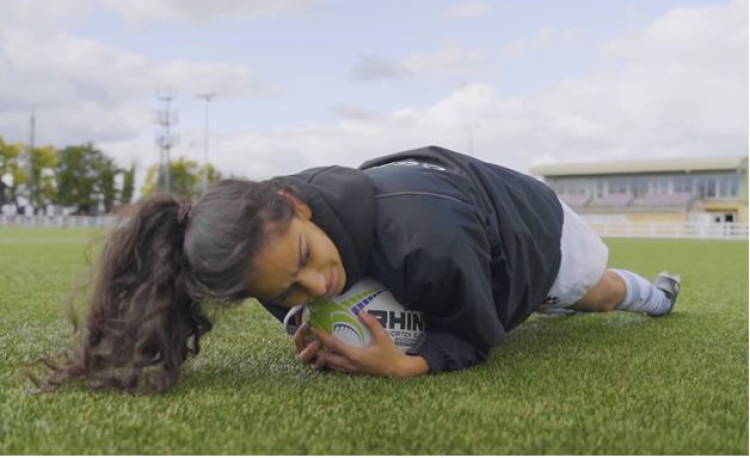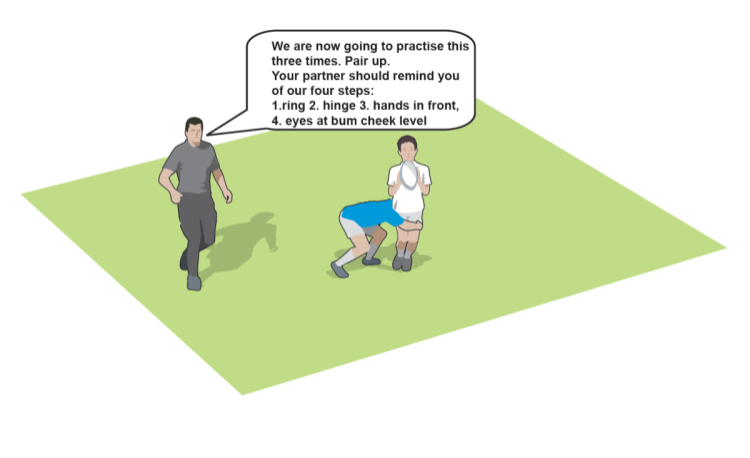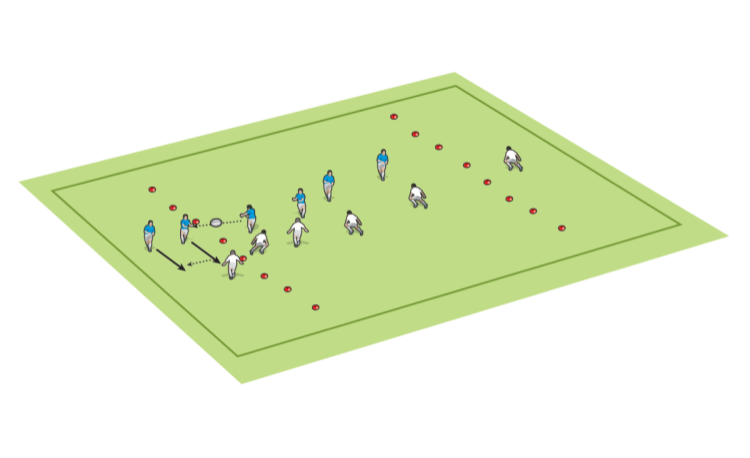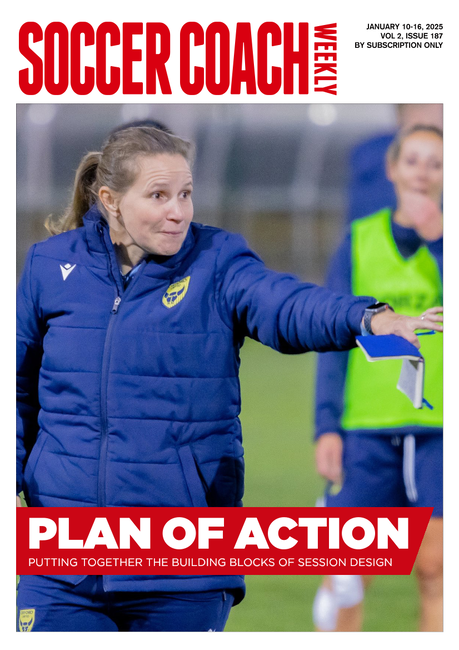A more varied ruck training diet
Reflections on officiating U15 rugby highlight the importance of targeted ruck training for positional development.
In the first week of December, I refereed one-and-a-half games for U15s academy rugby hit outs.
In one sense, it is probably the easiest rugby to officiate, because there is little emphasis on winning, so there is certainly a lot less angst among the players.
They are actually quite keen to display their mental control because they are being closely watched. They rarely question a decision.
This affords me an armchair ride into the close quarters of winning and losing the tackle area.
While you can partially replicate the potential situations in training, the chances of being involved in the following breakdown are vastly reduced.
It is possible for some players never to need to make a ruck decision, or make only one or two, in each 30-minute half.
That creates an interesting thought experiment. Some players will be rucking many more times than their team-mates.
Forwards, for instance, tend to play in pods, whether you set this up or not, so they will do more rucking than a winger.
Does this mean that you should spend more time training with certain playing groups on these core skills?
I think the answer is yes. But this is in addition to every player doing the fundamental skills.
For example, each week, everyone might have 10 minutes of ruck-contact skills. The following five minutes might then be used for more varied ruck scenarios for the forwards.
The skills remain the same. The opportunities to practise and enhance those skills are increased. The other group can work on different skills that they might do, like catching high balls or defending overlaps.
This specialising should only happen once the players are reaching U16s.
To make the splits more effective, it is worth recording some of your games and seeing which playing groups go into rucks more often. It might also reveal which players might do more than they are at the moment.
Ruck decisions – that is, what height and how to clear – aligned with making sure you are in position, require more than hitting a few pads.
Give the players who need it some more chances to have a more varied diet.
---
QUOTE
"All decisions are a bet. Expertise shortens the odds. If they’re all a bet, they’re also an experiment; work with the results. With most bets, there was an alternative option; what would have to have changed to take the
option?”
Dr Andrew Abraham, researcher and head of sport coaching subject at Leeds Beckett University
Newsletter Sign Up
Coaches Testimonials

Gerald Kearney, Downtown Las Vegas Soccer Club

Paul Butler, Florida, USA

Rick Shields, Springboro, USA

Tony Green, Pierrefonds Titans, Quebec, Canada
Subscribe Today
Be a more effective, more successful rugby coach
In a recent survey 89% of subscribers said Rugby Coach Weekly makes them more confident, 91% said Rugby Coach Weekly makes them a more effective coach and 93% said Rugby Coach Weekly makes them more inspired.
Get Weekly Inspiration
All the latest techniques and approaches
Rugby Coach Weekly offers proven and easy to use rugby drills, coaching sessions, practice plans, small-sided games, warm-ups, training tips and advice.
We've been at the cutting edge of rugby coaching since we launched in 2005, creating resources for the grassroots youth coach, following best practice from around the world and insights from the professional game.
